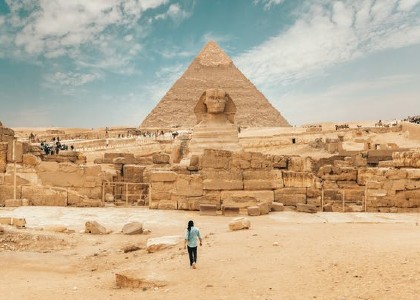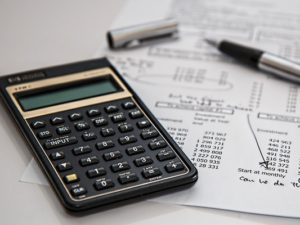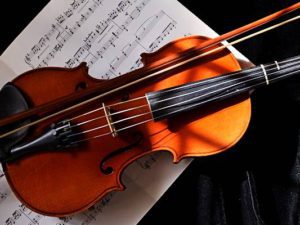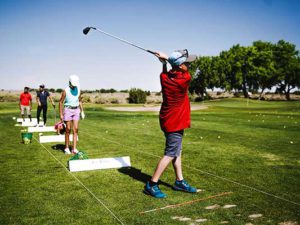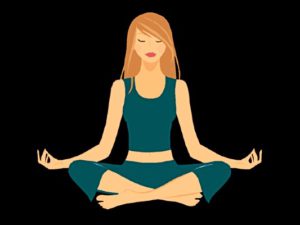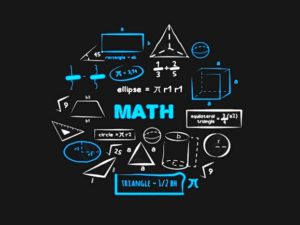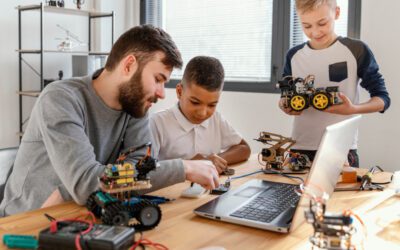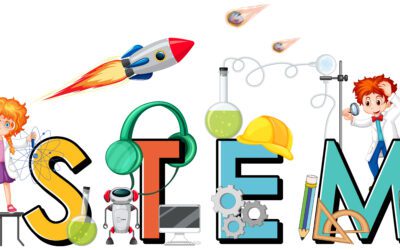History is not just a subject. It’s our past as well!
Though there have been debates over the years to remove history from the core subject, it has not yet happened. I hope it will not happen at any cost. It is one of the most critical subjects kids should focus on, especially if you are willing to learn about the past.
When we were at school, we might not have been enthused to pay attention in history classes. But, when we grew up, we gradually understood the importance of history. Likewise, if your kids get bored of learning history, then it is your duty to make them show interest in learning history. Because history is just about focusing on our past, it also gives us insights into our present.
If you are not convinced to teach history to your kids, read further. This blog will explain to you why you should teach your child history.
Why teach history to kids?
History is not just nostalgic glimpses, and it teaches us how things are essential for our daily life. It has the richest, saddest, shocking stories of all peoples who lived in our pasts.
In addition, here are a few reasons why history is essential for your child.
1. A Better understanding of the world
What is the history of the world? Can you answer it without explicit knowledge of world history? No.
This is because world history encompasses many areas, including medical history, economic history, art history, etc. learning history will unfold all the requirements for knowing the world better.
2. Understand Humanity
Understanding humans is complicated. Likewise, it is very challenging to figure out why people do some crucial things in life. When we look at their history through a wider lens, it gives us clarity. Further, studying history sheds light on human behavior and thoughts that happened in the past.
3. Makes us better citizens
Many people in the world consider history as one of the essential aspects of being a good citizen. Through history, kids can learn about how the policies affect the rights of a particular citizen. For instance, the history of voting. It reveals the voters’ equality.
4. Better decision-making skills
Though many things change over time, some things will not change. For instance, humans who harm the planet end up hurt. Likewise, there are some truths that we can understand through history. This helps us to make good decisions in life.
5. Critical thinking skills
Learning history will not inherently lead you to better-thinking skills. But, it will boost your skills. Digging deeper into history than memorizing will improve your thinking skills. This will make you ask questions to yourself why, how, etc.
6. Shapes you with cultural knowledge
As kids, we always look forward to government holidays. Is that right? There are a few national holidays across the globe. Through this, kids get to know why it is a holiday. Learning about the special day lets you understand the culture better. Our great leaders know how important history is. As young minds, it is your duty to know our history in-depth.
7. Society and other people
Learning history would be more beneficial for the students to observe and understand how people and societies behaved in the past. For example, even when our nation is at peace, we can evaluate the war.
8. Morals and values
By looking at historical events, we can learn the morals and values of life. You can even compare the historical, moral events to your present difficult situation and try solving it.
9. Better citizenship
History is a non-negotiable aspect of better citizenship. This is one of the main reasons why teaching history to young kids is essential.
10. Learn from mistakes
Those who forget the mistakes that were done in the past can repeat them. This explains why history is essential. Our past is filled with warning signs. Learn the history and know what mistakes our leaders have made in the past.
I hope that you are clear on why history is essential for kids. So, let’s get to know how to teach them.
How to teach history to kids
1. Montessori activities
- Use an analog clock – let them observe the second hand of the close when it goes around and moves forward.
- Hourglass to distinguish one minute.
- Create a Family tree with drawings and images.
- Use a calendar to check out special occasions and school holidays.
- Use a non-digital clock to calculate timing.
2. Other activities
- Read historical books
- Nurture child’s interest
- Start with their personal or Family history
Bottom lines
No matter how you begin teaching history to your students. It is a subject which kids can get delighted in. However, it should be introduced into their life at the right age to attain their goal.

